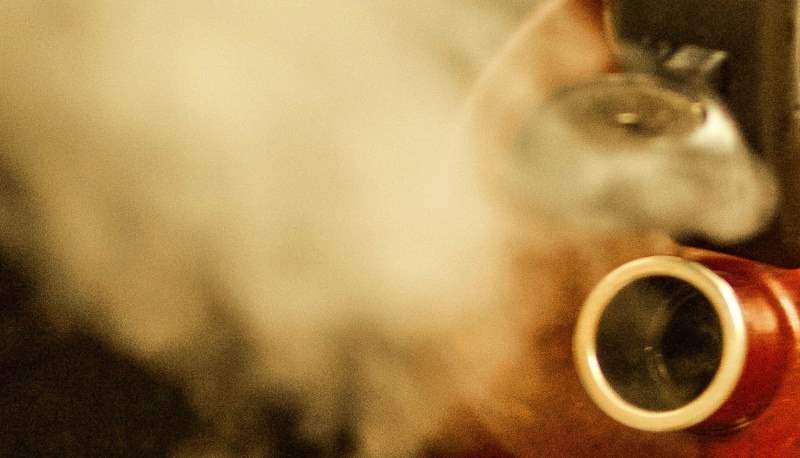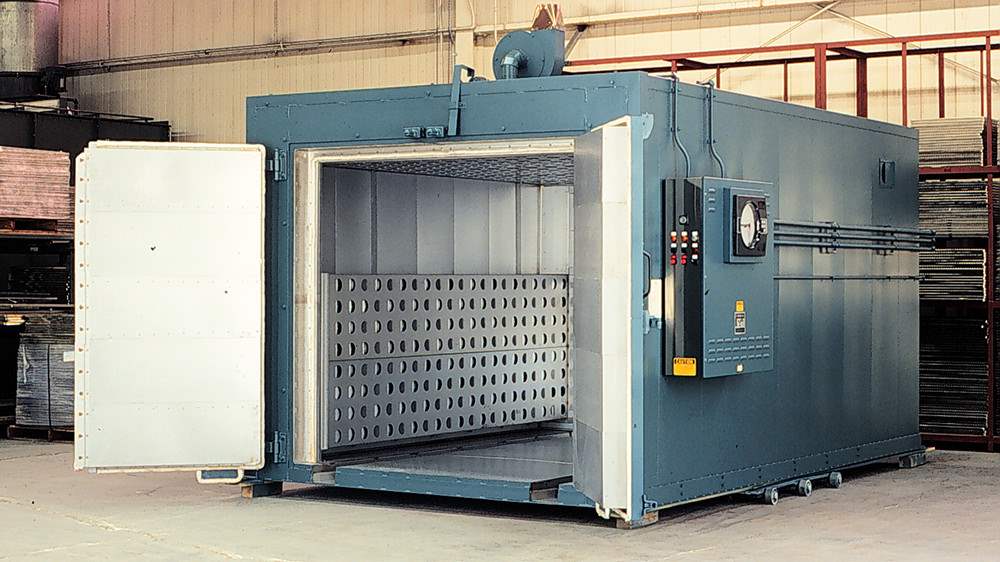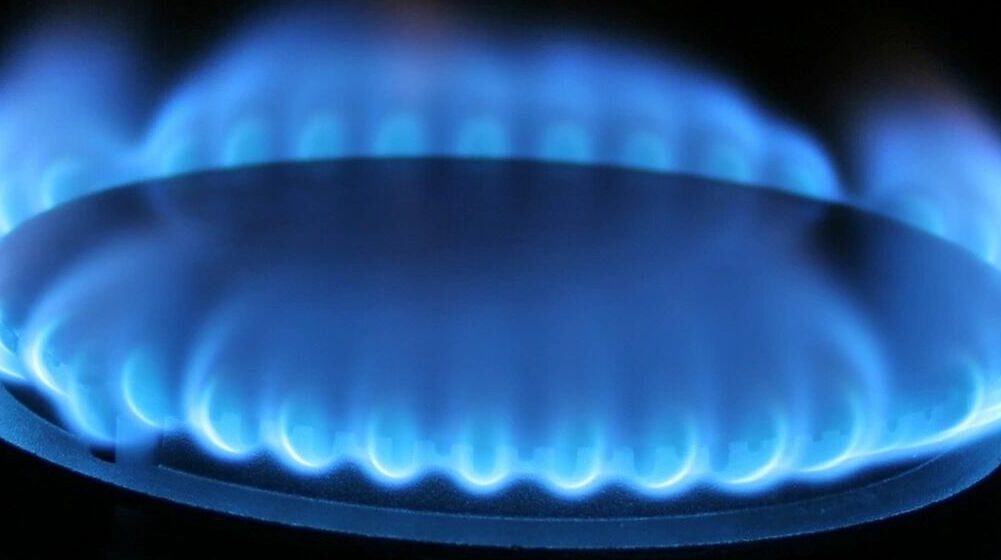When it comes to industrial ovens, the first two things to consider are the source of the heat and the airflow pattern. The fuel for the heat that’s introduced into the oven can come from a variety of sources including gas, steam, water, electricity, or ultraviolet light. The fuel an oven uses dictates how it works.
Gas Ovens
There are two types of gas ovens, direct and indirect. In a direct gas oven, a gas or propane burner heats the air that is circulated through the system using a fan. They generally operate at temperatures between 200° F and 500° F, but can reach up to 1000° F.
Indirect gas ovens use a gas or propane heat exchanger. A circulating fan pushes air through the heat exchanger to radiation tubes. With this format, the flame is enclosed within a sealed combustion chamber away from the work area. The flame never touches the circulating air.
Steam Ovens
With a steam oven, water is heated to the boiling point; the resulting steam is used to heat the oven. This is a slower process; therefore, they are used when time and speed are not critical. Steam ovens require less space and operate at a lower cost than other systems.
Hot Water Ovens
Hot water ovens also use water as fuel, like steam ovens, but do not require the water to be at its boiling point. They operate at lower temperatures, up to 160° F. Hot water runs through radiator coils heating the circulated air that is carried through the oven. This system, as with steam heated industrial ovens, is slow, but efficient.
Electric Ovens
An electric industrial oven uses heating elements powered by electricity. With an electric system, the heat radiates, which eliminates the need for fans or blowers. The temperature is adjusted by electrical controls. Electric ovens heat up quickly and last a long time.
Ultraviolet Ovens
Ultraviolet ovens, or UV ovens use ultraviolet light to dry substances. UV ovens use LED, mercury vapor, fluorescent lamps. They work quickly and are most often used to cure coatings.
Production Systems works with companies to discover the best type of industrial oven for their finishing requirements. Our design and engineering team will evaluate the application and make sure the right exhaust, circulation, and temperature needs are met. Contact us to learn more about how we can help you.




